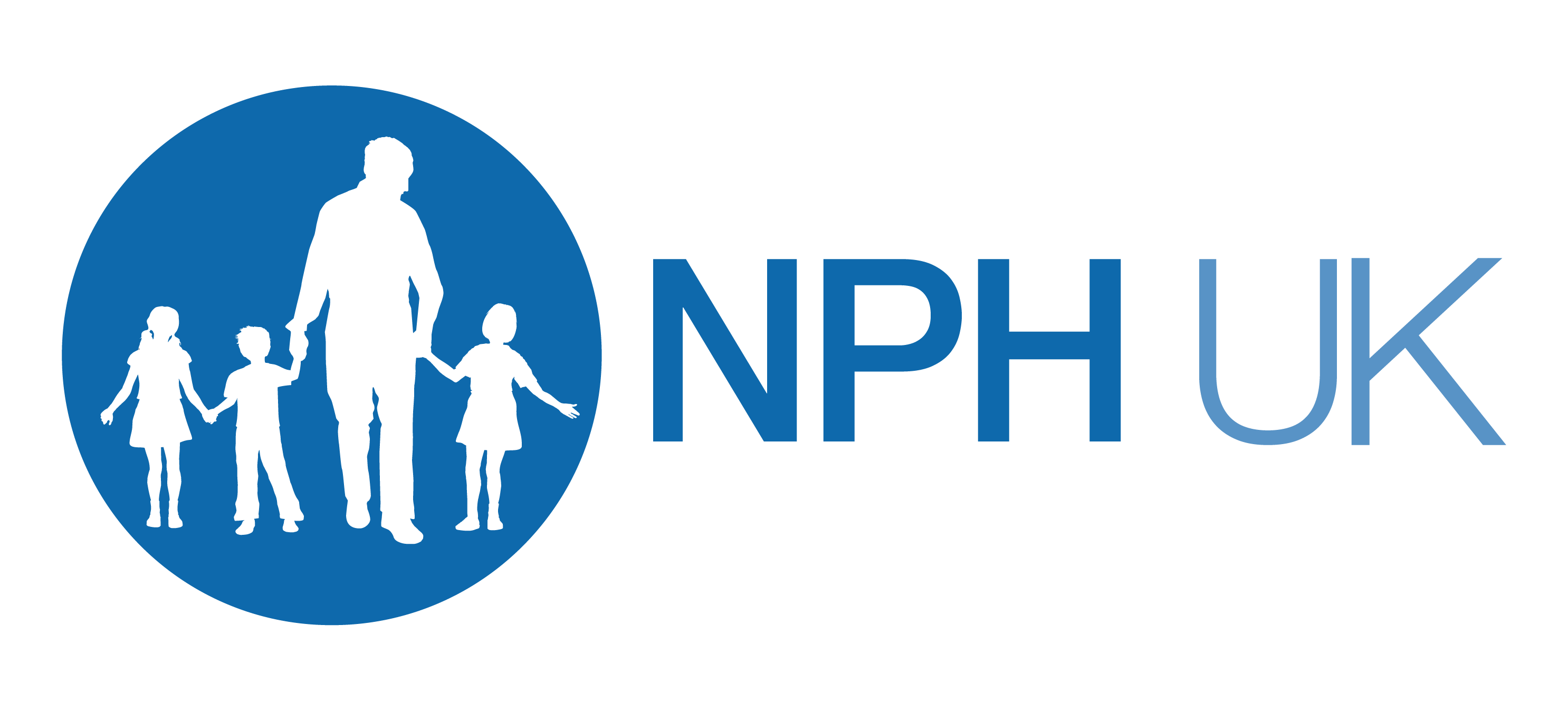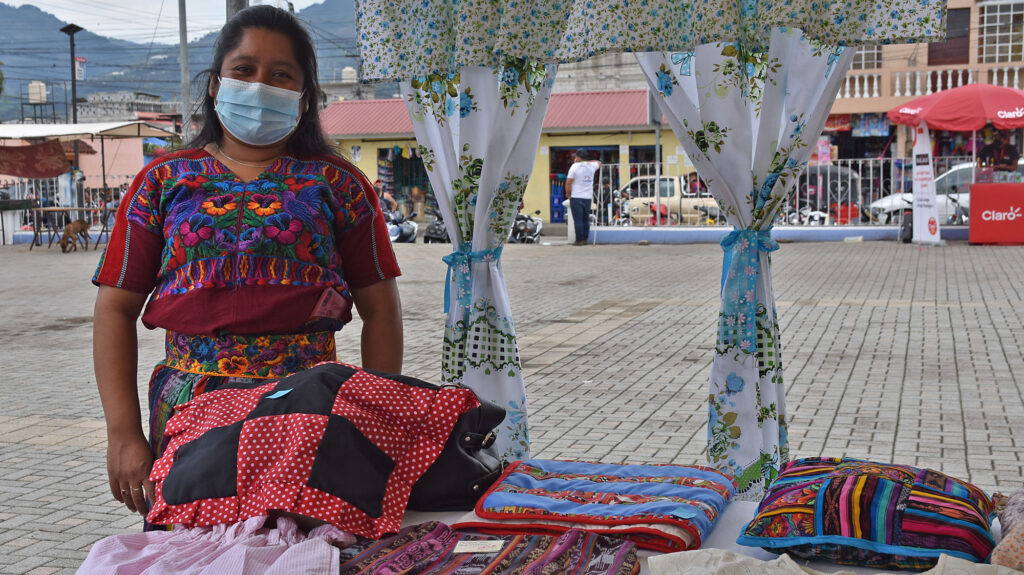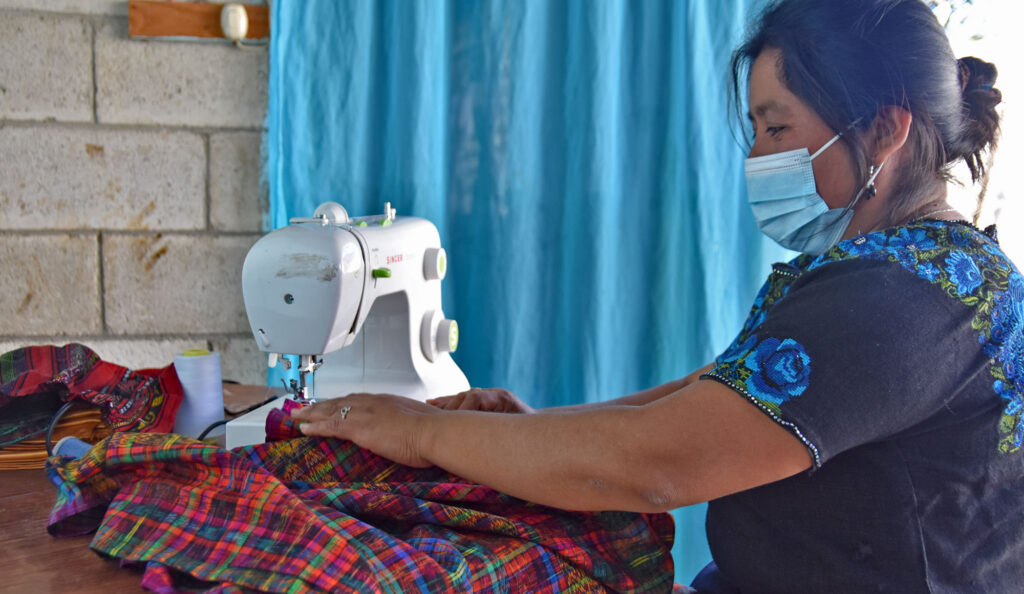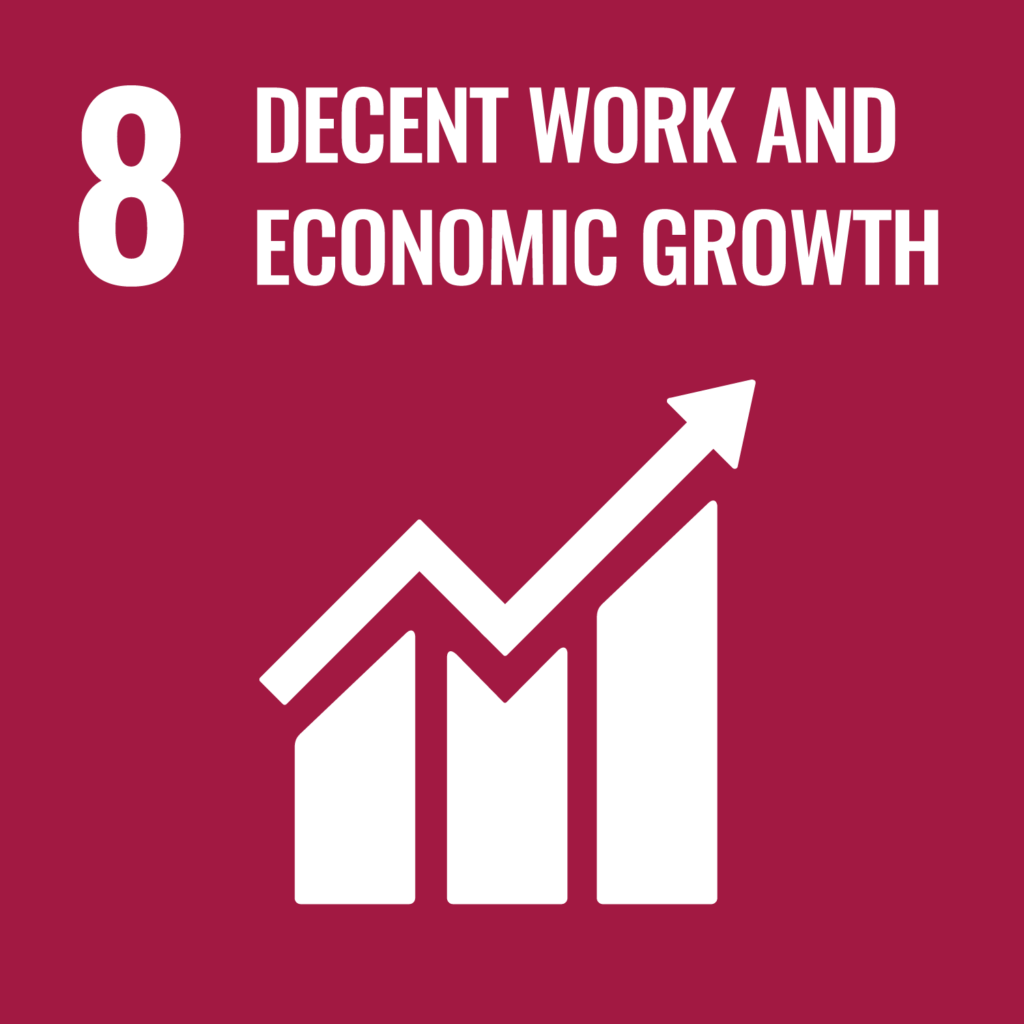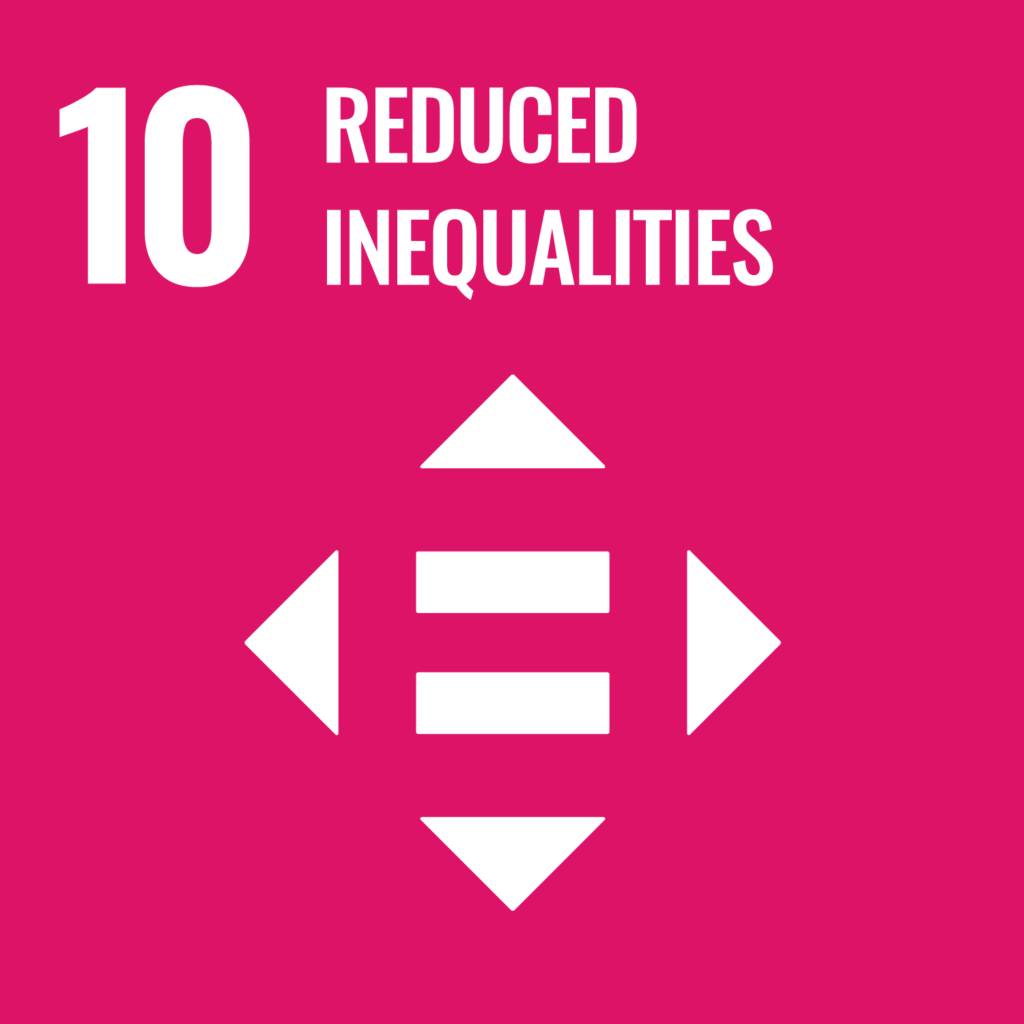Three-year-old Mateo* waves goodbye as his mother, Angelina, leaves him at the Centro de Cuidado Infantil Diario (CCID) La Sagrada Familia day care centre in Guatemala. She will return at 5pm to collect him knowing that he has been well looked after by qualified and caring NPH staff. Angelina receives free childcare five days a week, eight hours a day. This enables her to earn a decent living from regular employment while Mateo benefits from early childhood education.

Helping parents with childcare so they can work
The CCID programme has operated in Guatemala since 2019 and serves families from disadvantaged backgrounds with very low incomes. Families are selected to participate through social work teams. The day care centre also feeds the children two nutritious meals a day and two snacks, and families receive food donations for evening meals when needed. The children benefit from free healthcare: annual medical check-ups, height and weight monitoring and flu vaccines. Importantly, the centre also identifies children at an early age who may have undiagnosed medical problems or special educational needs and supports them through their journey.
Mateo loves to sing and dance. His teachers at the nursery say that he shows his talents to them and the other children. His teacher, Teresa, recalls that one day he was sitting down during snack time and began to recite a poem and then approached her to say that he performed it for her. Teresa said, “This was a special moment. He said ‘It’s for you, teacher’. It shows me that we are doing the job well. Mateo is a very active and obedient child and very cooperative, fitting in well with the children around him.”

NPH helps to break the cycle of poverty
According to UNICEF, Guatemala spends only 2.8% of its GDP on education, which is one of the lowest rates in Latin America, and only 40% of primary school leavers read to the expected level. Over 40% of teenagers do not attend school at all, working to support their families, and with no qualifications they only have access to low paid, temporary employment. Half of Guatemalan children suffer from malnutrition, causing lower intelligence and physical problems like illnesses and stunted growth. Families are trapped in a cycle of poverty that is passed down from generation to generation.
Children benefit socially too
Angelina is very grateful that she receives help from NPH: “I have the opportunity to work while my son is cared for by people who love and respect him, people who have been trained to care for him and feed him healthy food.” She added: “As my son was growing up there were no other children and he was very shy. Now I see that the environment has helped him because he has more social skills and has friends.”

The programme offers young, vulnerable children early years education and healthy development in a safe and supervised environment. At Christmas time too, no child is left out. When Father Christmas visits the centre every child takes home a gift.

*Privacy note
Children’s names, marked with an asterisk, have been changed to protect their privacy.
